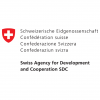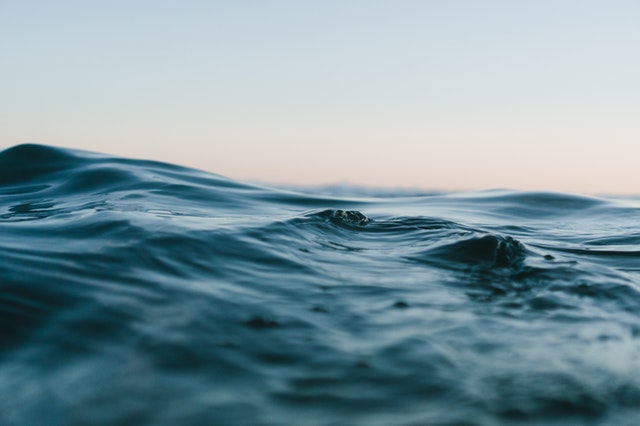Executive Summary
While each country in the MENA region has its particularities and specific context, in general journalists reporting on water face similar challenges across the region. These are linked to the socio-political context, access to information and the level of awareness, understanding and skills within the media community. Thus, coverage of water issues is often complex, dry and unengaging or veers to the other extreme to become excessively alarmist, divisive or pessimistic. There is little space for human stories or for positive messages about solutions or new approaches to regional and local water crises. The result is that audiences generally consider water and its management too complex, too political or simply too depressing to pay attention to. This leads to a distinct audience apathy, thereby reinforcing the lack of motivation on the media’s side to invest.
Introduction
Water reporting challenges are more or less relevant to different journalists and sector experts and are more or less critical in different countries. Being aware of the different challenges helps to overcome obstacles to high quality water reporting. The following challenges can typically be encountered in countries in the Middle East:
Repressive political contexts and lack of cooperation between actors:
In all Middle Eastern countries, water is seen as a strategic resource that pertains to national security and that is therefore ‘sensitive’. Journalists are not barred from reporting on water, but they are certainly obliged – to varying degrees – to stay on the right side of vaguely defined and frequently shifting ‘red lines’.
Lack of access to reliable water-related information:
The problem of inaccurate, and contradictory data related to water is widespread and presents a huge challenge across the Middle East – not just for journalists, also for scientists and policy makers. Official data are often incomplete, outdated or skewed to reinforce the government narrative. Because of growing pressure in the media sector to publish news ‘as it happens’, journalists often do not have the time to delve deeper into these figures to uncover discrepancies or inaccuracies.
Lack of awareness of the topic on the media’s side, lack of willingness to invest resources:
If editors allocate limited budgets and time journalists will always struggle to produce relevant and high-quality water stories and if editors are not supporting the topic, even excellent water reporting can get lost in the abundance of other coverage.
Lack of understanding and skills on the journalists’ side:
To write/produce a solid water report, journalists must understand often complicated concepts (ranging from analysis of hydrogeological data to details of desalination processes), be able to place data in a wider context to relate it to issues such as economic growth, energy and food production, geopolitical questions, etc. and finally, translate information into an accessible, easy-to-digest format that will capture the attention of not just editors, but also audiences.
Constructive Water Reporting in the Middle East - Media Strategy for the Blue Peace Middle East Initiative
This document captures challenges in water related reporting in the Middle East and lays out strategic approaches and a range of activities to foster constructive water reporting in the region.
MiCT and seecon (2017): Constructive Water Reporting in the Middle East - Media Strategy for the Blue Peace Middle East Initiative. Berlin, Germany: Media in Cooperation and Transition gGmbH and seecon GmbH PDFInvestigative Reporting: A Toolkit for Reporters
This toolkit is designed as a living document to guide Egyptian reporters in developing, writing and producing investigative reporting stories and series. It is intended for print and online reporters, but it can also be a useful tool for broadcast reporters.
CIPE (2009): Investigative Reporting: A Toolkit for Reporters. Center for International Private Enterprise (CIPE) PDF

